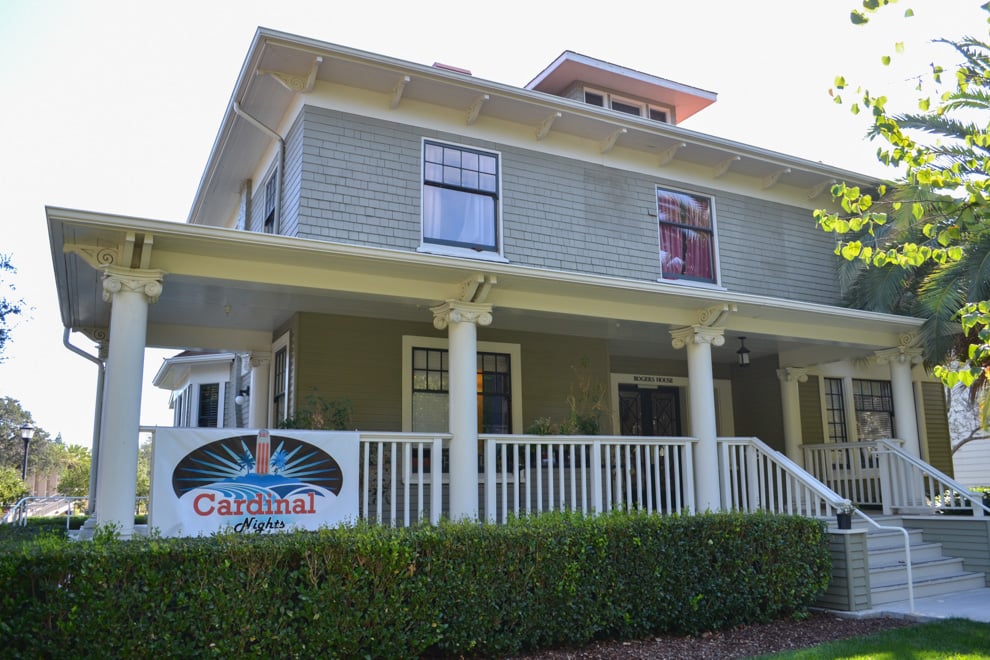
In their continued effort to foster a safe campus culture around drinking, the Office of Alcohol Policy and Education (OAPE) changed their online pre-matriculation program from AlcoholEdu to Think About It for the Class of 2018.
AlcoholEdu, according to its promotional video, is an online program that uses “cutting edge technology, interactive digital media, and evidence based content to provide a comprehensive and engaging learning experience” for college students about alcohol.
Because the program only addresses issues surrounding alcohol consumption, Stanford required its students in past years to complete a supplementary online program about sexual assault called Haven, provided by Everfi, the same educational technology company that developed AlcoholEdu.
Ralph Castro, Associate Dean of Student Affairs and Director of OAPE, explains that OAPE considered Think About It over AlcoholEdu because it “offered a holistic approach to student wellbeing.”
“[Think About It] was more a seamless program that not only looked at alcohol education but [also] drug education,” Castro said. “It included sexual harassment. It included education on Title IX, compliance issues, education on sexual assault and education on healthy relationships.”
Think About It is the student program component of Campus Clarity, a service that provides training for students and faculty of institutions of higher education on topics ranging from campus culture to management skills. Campus Clarity’s website describes Think About It as an “online substance and sexual abuse training program that prepares students to confront and prevent serious campus problems.
Think About It has a sequence of three courses intended for undergraduate students; the Class of 2018 was required to complete the first course of the sequence, Think About It: Turning Points, before their first Friday on campus.
Turning Points covers four major topics: sex in college, partying smart, sexual violence and healthy relationships. The “Partying Smart” section discusses alcohol and other dangerous substances in depth.
Assistant Director and Outreach Education Coordinator of OAPE Jarreau Bowen revealed that the feedback OAPE received about Think About it noted that the program “felt more like it was speaking toward what was actually happening in a student’s life versus what we had heard from AlcoholEdu in past years, which seemed like it was talking at them and…was outdated.”
Bowen said that he found Think About It to be a more enjoyable and compelling experience than AlcoholEdu. Think About It attempts to engage and captivate its participants for the approximately two hours it takes to complete the course by using dynamic graphics, video testimonials, and embedded quizzes. A point system is used to track participants’ progress; badges earned as certain tasks are completed are meant to incentivize students to push ahead with the program.
“I don’t like to give out courses that I wouldn’t enjoy taking myself,” he said.
A five to ten minute follow-up survey will be administered to freshman soon that explores the attitudes and behaviors of students since taking Think About It in August.
“The goal is to really spend some time thinking about how the information covered in Think About It applies to our community,” Bowen said.
According to Bowen, the annual freshman dorm talks on alcohol have also undergone slight revisions in delivery and tone for the Class of 2018. The talks, which cover the physiological effects of alcohol, helping intoxicated peers, transports and information on police citations, are given to all dorms housing freshmen within the first two-and-a-half weeks of school.
Bowen, who has run the freshman talks for the past four years, said this year’s talks “gave the student staff the opportunity to talk a little bit about their weekends.” These anecdotes often highlighted the alcohol-free activities Stanford students partake in during their days off from classes.
“The goal of that was to show incoming students that though alcohol is a part of our social environment on campus it is not the social environment on campus,” Bowen said.
Bowen believes this may have “led to what felt like a more serious tone” of the talks because they were more discussion based, “as opposed to in past years when it’s been more of a showcase” featuring games and activities designed by OAPE.
Contact Rebecca Aydin at raydin ‘at’ stanford.edu.
